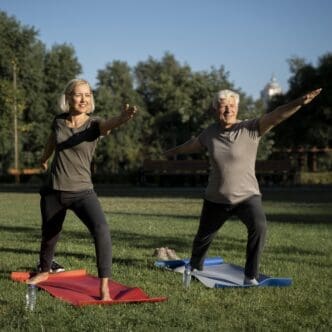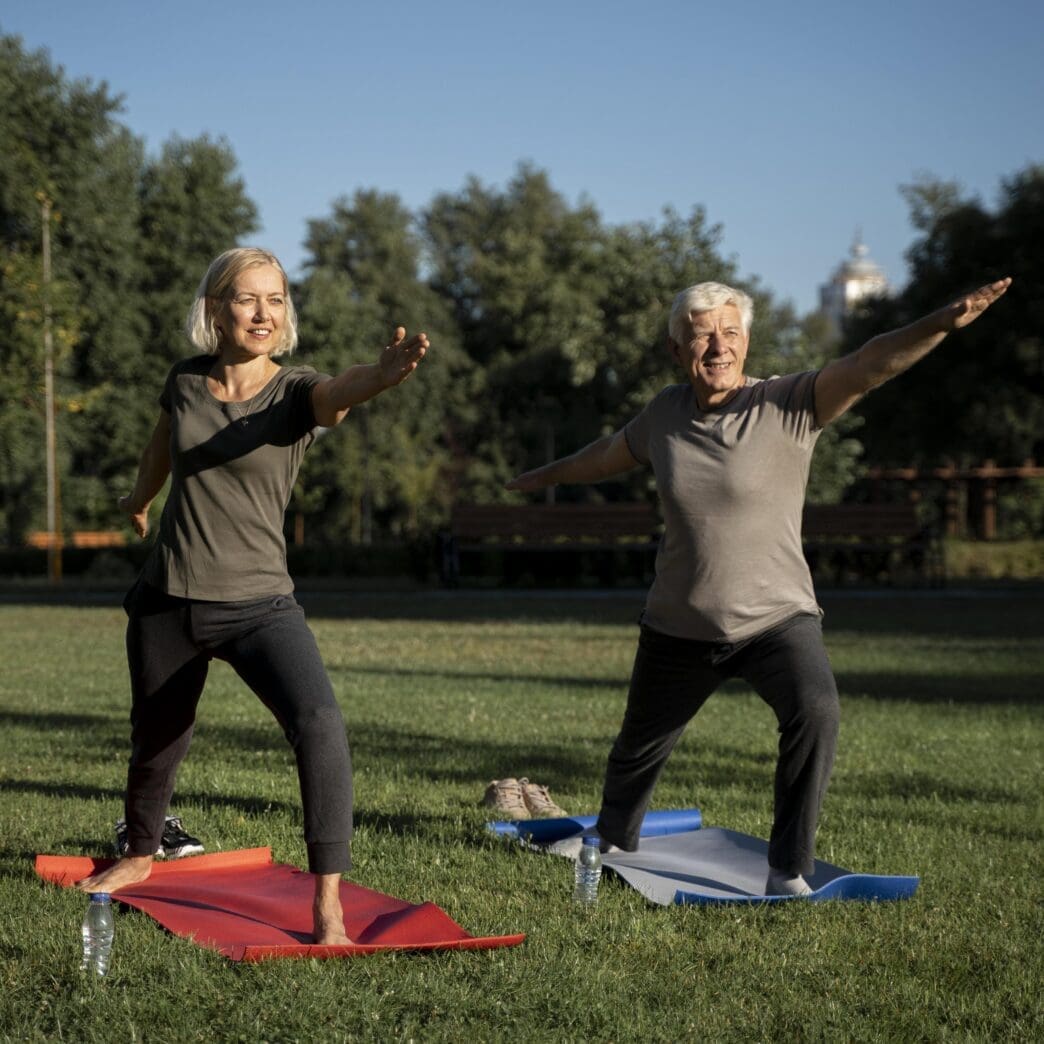Faced with the knowledge that regular exercise is essential, many individuals still struggle to find the motivation to establish a consistent fitness routine. This common challenge often results in broken promises and an inability to experience the transformative benefits of a steady workout habit.
Age should not be a deterrent when it comes to exercise. While physical activity offers significant physical health benefits, such as preventing falls and improving basic mobility tasks, it equally supports mental health. As Dr. Amy Eyler from Washington University in St. Louis points out, “If you want to be cognitively active, it is so important to be physically active.” This emphasizes the strong connection between physical and mental activities, encouraging a holistic approach to well-being.
Regular exercise is instrumental in maintaining bone density, muscle strength, and reducing the risk of heart disease and certain cancers. For older adults, physical activity supports strength, balance, and independence. Additionally, research indicates that exercise may enhance the immune system, adding to its roster of benefits.
Beyond the physical, exercise offers psychological perks. Successfully completing daily workouts can boost mood and self-satisfaction. However, developing an exercise habit presents a unique set of challenges, with motivation varying among individuals. Dr. Eyler suggests that initial motivation often stems from external sources, such as the desire to keep up with grandchildren, which gradually transforms into an internal drive upon witnessing tangible results.
For those new to regular physical activity, setting realistic and achievable goals is crucial. Dr. Eyler advises individuals to evaluate their confidence in achieving these goals, recommending a confidence level above 90%. Setting overly ambitious goals often leads to setbacks and discouragement. Instead, building up to larger goals can be more effective. Simple activities like walking for ten minutes when possible can create a foundation for a lasting routine.
Encouragement should be positive rather than critical, as Dr. Eyler highlights. Motivating phrases focused on independence, like taking medication for improved self-reliance, are more effective than nagging. This approach can be particularly beneficial for older adults, as illustrated by three senior “gym rats,” aged 77 to 86, who share their experiences.
Kathryn Dettwiller, 77, began exercising due to her husband’s encouragement and now trains twice a week with a personal trainer. She admits that the shift from external obligation to internal necessity was crucial in maintaining her routine. Kathryn advises new exercisers to anticipate minor setbacks but not to be discouraged, comparing the experience to a game where one physical issue might replace another.
Rick Bolsom, 82, started working out nearly two decades ago, thanks to his wife’s encouragement, and now exercises three times weekly. He attributes his continued motivation to the structured environment provided by his trainer, which has allowed exercise to become an integral part of his routine. Bolsom also appreciates the social connections he has developed through his gym sessions, highlighting the value of community in maintaining activity.
Dr. Grover Smith, 86, was initially reluctant to exercise, spurred on by repetitive suggestions from his cardiologist despite no immediate heart issues. His routine, which began over a decade ago, has since become a non-negotiable part of his life. Reflecting on his past career as a radiologist, Smith notes that exercise has positively impacted his health and self-image. The transformation is apparent, as even his ophthalmologist remarked on his youthful appearance.
These personal testimonies underscore the importance of persistence and adaptability in developing a sustainable exercise routine, regardless of age or initial motivation.
Establishing a consistent exercise routine can be challenging, yet the stories of Kathryn, Rick, and Dr. Smith demonstrate that it is possible at any age. By setting attainable goals and embracing a positive mindset towards physical activity, individuals can enjoy the extensive health benefits that regular exercise provides.







